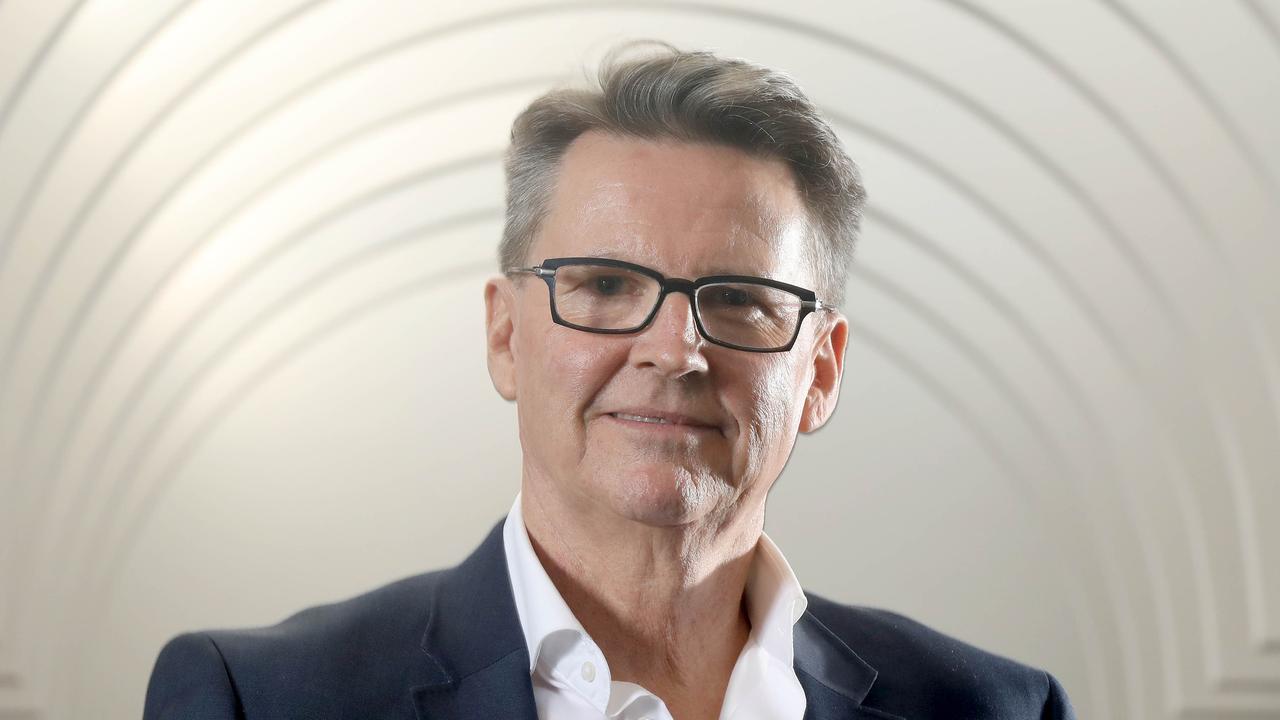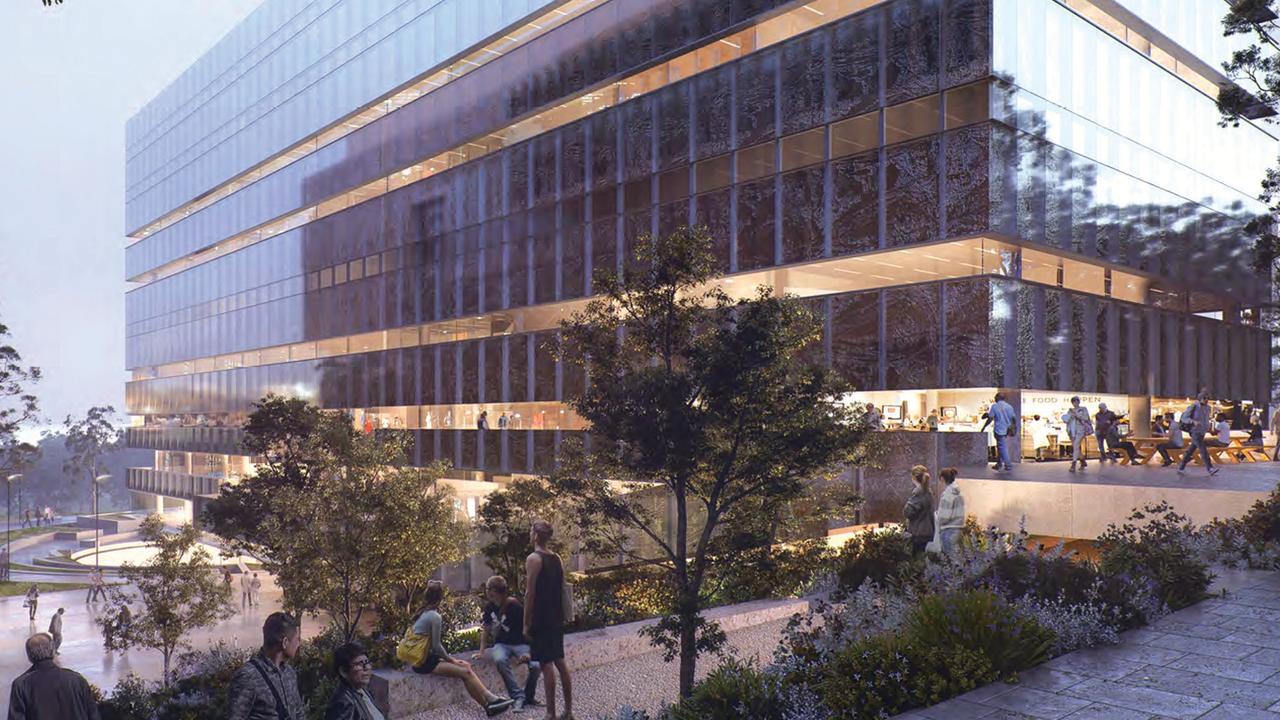SA Education Department 2021-28 strategy for country schools targets teachers, students and IT
The 50,000 SA students in country schools should get a world-class education, the government says. Here are their big plans to make it happen.
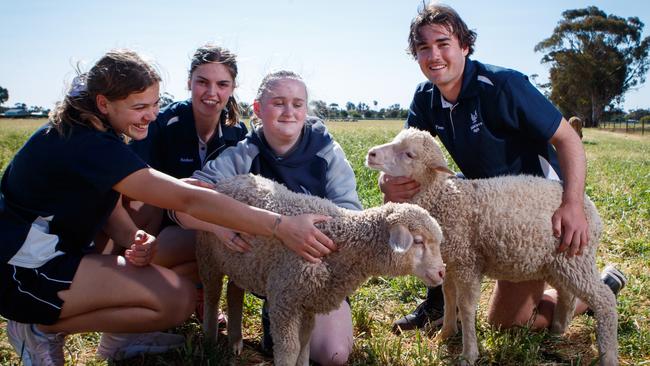
SA News
Don't miss out on the headlines from SA News. Followed categories will be added to My News.
Targeted incentives to attract teachers, better digital infrastructure and more choice for students are key to improving South Australia’s country schools, a seven-year Education Department strategy says.
The strategy, published on Monday, comes with an initial $15m in new funding and increased backing from central office staff.
Uni students learning to be teachers and sent to gain practical experience in regional schools will get support such as travel and accommodation subsidies.
If they have a part-time job in the city, such as working in hospitality, they will get replacement income.
And there will be a more concerted effort to integrate newly graduated teachers into the local community through sports clubs and other organisations so they have a better impression of life in a country school.
“The problem is retention, we have a lot of uni students and new graduates go out there but they don’t like it, or they’re not ready for it,” Education Department director of policy Luke Fraser said.
About 59 per cent of teachers start their career in a country school, but many don’t stay on with 27 per cent of SA’s teaching workforce being outside metropolitan Adelaide.
There are 265 government schools in the country, nearly half of the statewide total, and 167, or 40 per cent, of the preschools.
There are 50,000 school students, or 28 per cent of the SA total.
As well as the workforce initiatives, the 2021-28 strategy aims to improve support services for country sites and create better opportunities for students.
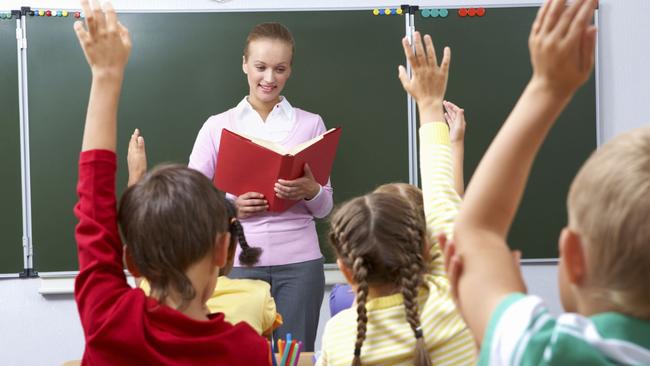
An IT hit squad from central office has begun visiting each regional school to ensure their digital equipment on site is up to standard following a program which has connected all schools to high-speed broadband.
“It’s been a bit like driving a Ferrari to the gate but then finding it’s a gravel track when you get there,” Mr Fraser said.
Better IT infrastructure will facilitate country schools being offered telehealth services for students to consult psychologists, speech pathologists and other allied health professionals.
It also aims to reduce the administration burden on principals so they can spend more time on teaching and people rather than cumbersome record keeping.
Education Minister John Gardner said the strategy would make sure the issues faced by country schools will receive more prominence in all Education Department policies.
“We have already made a significant investment in country education with our record infrastructure program including new schools and school upgrades, as well as the delivery of high-speed internet connectivity to our schools and preschools,” he said.
“There is still more work to be done, but we are confident we can support every student in country SA to be their best.
“The strategy also aims to give country students access to a broader range of subjects.
“It has a strong jobs’ focus and commits to giving students greater exposure to pathways that will support their transition to further education and employment.”
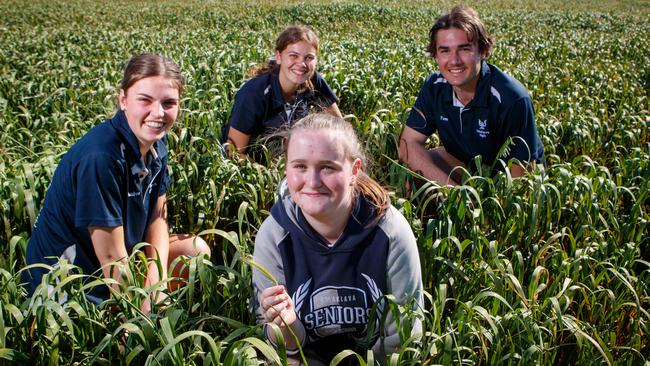
At Balaklava High, a third of the staff have been at the school for less than three years.
“It is really difficult to recruit staff,” Balaklava High principal Sonia Pringle said.
“But it blows my mind because the opportunities in the country are amazing, it is a lifestyle.”
Ms Pringle said some teachers have been at the school for decades and are deeply engaged with the community.
Balaklava High student Tiarhn Carpenter said it would “awesome to have a broader choice”. She studied geography remotely via Open Access College because it was not offered at Balaklava, but only a limited number of students could use that option as it was expensive.
Ms Pringle said there was no reason for country students to miss out – and there were incredible teachers in the country including at Balaklava which has three finalists in this year’s Public Education Awards.
The local community supported the school, such as the family of year 12 student Thomas Michael, who run a sheep stud.
This year, the school entered sheep in the led wethers category of the Royal Adelaide Show for the first time, coming away with a ribbon.
The department strategy was developed in consultation with regional principals and students, including representatives from the Rural Youth Ambassador Program.
“A key part of the development of this strategy was taking the process out of the CBD and putting it into the regions it will serve,” Mr Gardner said.
A Country Education Reference Group will be established to ensure the voice of regional communities continues to be heard.
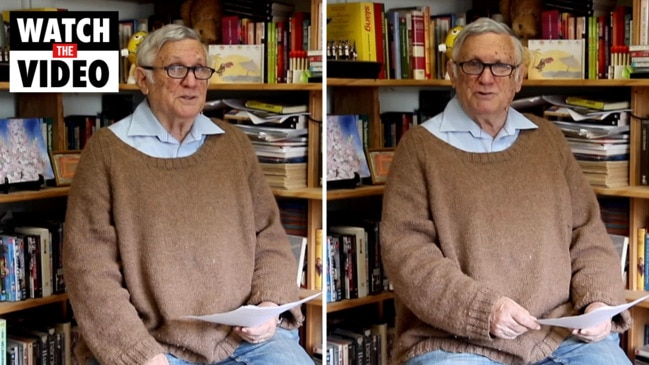
The department will monitor data from the Australian Early Development Census, NAPLAN and SA Certificate of Education to measure the effectiveness of the changes.
“We will also develop key measures to ensure new programs and initiatives are having their intended effect,” the strategy document says.
More Coverage
Originally published as SA Education Department 2021-28 strategy for country schools targets teachers, students and IT



